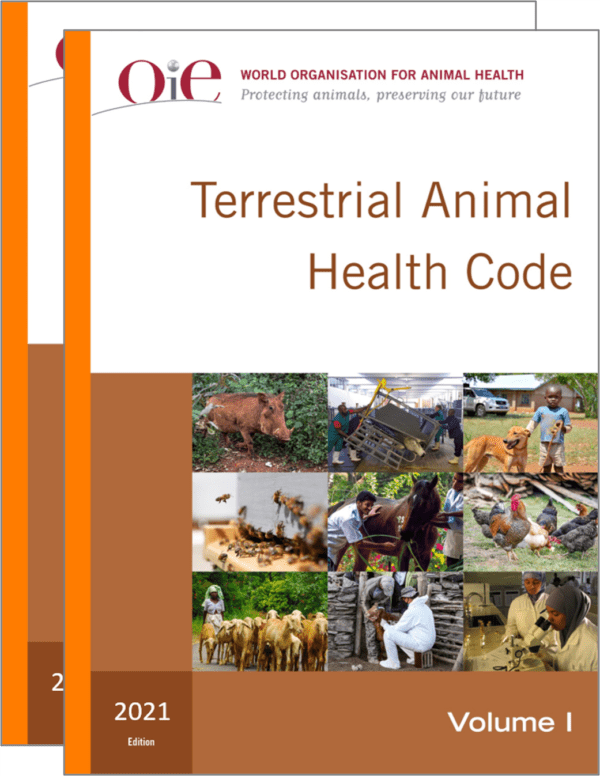Wool sheep welfare is at the heart of the global wool industry and every wool grower’s farm. Ensuring positive animal health outcomes is paramount, ethically as well as economically. The industry recognises the importance of this issue to consumers, brands and retailers, and is committed to transparency in all stages of the wool pipeline.
Best practice principles for sheep
Based on the universally recognised Five Freedoms of animal welfare, the IWTO Specifications for Wool Sheep Welfare provide a concise guide to best practice principles for wool sheep production around the world.
The Specifications respect the vast diversity of sheep production environments, and includes links to the legislative frameworks that protect animal welfare in each wool producing country.
Because of the differences in production systems, sheep breeds, and a host of climatic and environmental variables, best practices in animal welfare are highly specific to region and country. These are guided by the universal animal welfare principles that meet the physiological and behavioural need of sheep:
Read more about each principle and how it applies in practice in wool production in the IWTO Specifications for Wool Sheep Welfare.
WOOL SHEEP WELFARE & THE DUMFRIES DECLARATION
The IWTO Specifications for Wool Sheep Welfare are also a cornerstone of the Dumfries Wool Declaration, the industry’s 10-point declaration of intent to support an environmentally responsible, sustainable and commercially viable wool industry.
The full text of the Dumfries Wool Declaration is available here. Pledge your support for the wool industry by committing your company to these 10 Principles, and sign the Dumfries Wool Declaration on the Campaign for Wool website.
IWTO & The World Organisation for Animal Health (WOAH)
The World Organisation for Animal Health (WOAH), formerly the OIE, is recognised by the World Trade Organistion as the intergovernmental standard-setting organisation responsible for improving animal health.
Animal welfare was first identified as a priority in the WOAH 2001-2005 Strategy Plan. WOAH was mandated by its members to take the lead on animal welfare internationally and provide recommendations and guidelines covering animal welfare practices. The international community views the WOAH animal welfare standards as the key guiding principles upon which individual countries develop further detailed tools. In 2017, WOAH Member Countries adopted the first Global Animal Welfare Strategy.
The IWTO and WOAH maintain a Memorandum of Understanding with the following commitments:
- The IWTO monitors national and international welfare regulations set by Government or Intergovernmental Organisations in order to determine the appropriate actions to promote the wool industry in relation to sustainability issues
- The WOAH works on safeguarding world trade by publishing health sanitary standards for international trade in animals and animal products for Member Countries to protect themselves from the introduction of disease and pathogens and avoid their spread worldwide
- Both organisations keep each other informed of activities of mutual interest and invite the other to participate as an observer in meetings where matters of mutual interest might arise and make reports of these meetings available.

